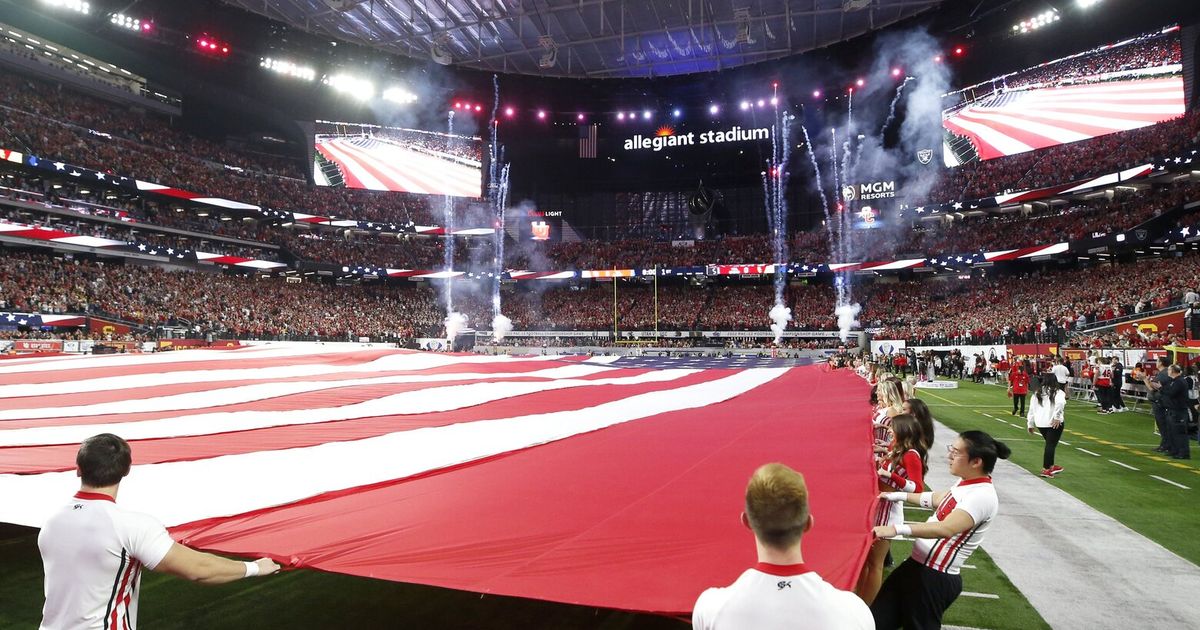
Here’s the latest on the stunning developments from Friday, when the Pac-12 fired CFO Brent Willman and Pac-12 Networks president Mark Shuken for failing to properly report overpayments from a networks distribution partner — overpayments that bring significant financial risk for the schools …
— The distribution partner in question is Comcast, according to a Hotline source not employed by the conference office or campuses.
That makes sense on several fronts.
Comcast was a founding partner of the Pac-12 Networks, which were launched in August 2012, and would have been paying for distribution well before the initial audit conducted in the spring of 2017.
Comcast is also believed to be the largest distributor of the Pac-12 Networks. Other partners include DISH, Cox, Frontier and Charter.
According to the conference’s timeline of events, the claim filed by an unidentified distribution partner is for $50 million, and the overpayments occurred “each year since prior to 2016.”
ESPN and Fox do not have carriage agreements with the Pac-12 Networks. They license Pac-12 content directly from the conference and are not involved in the overpayments. Comcast did not respond to a request for comment.)=
— Former commissioner Larry Scott was one of the people interviewed by Cooley LLP, the Palo Alto-based firm hired by the Pac-12 last fall to investigate the situation.
Scott declined to comment on the matter when reached by the Hotline via text over the weekend.
And in that regard, his approach isn’t new: Scott has stayed out of the spotlight since leaving the Pac-12 in the summer of 2021 and previously declined Hotline requests to discuss the conference’s media rights negotiations and other developments in college sports.
— The audit that discovered the overpayments was requested during the tenure of one Pac-12 Networks president and concluded during the tenure of another.
The request was made in the spring of 2017, according to the conference’s timeline of events, although no date was provided. On April 20, 2017, the Pac-12 announced that Lydia Murphy-Stephans would step down as president of the networks, effective in June.
Attempts to reach Murphy-Stephans by the Hotline have been unsuccessful.
Four months later, on Aug. 14, the Pac-12 announced Shuken’s appointment as president of the networks, effective Sept. 6.
Shuken and Willman were made aware of the results of the audit “in late December,” according to the conference.
Woodie Dixon was the Pac-12’s chief legal officer and vice president of business affairs at the time (and also oversaw the football operation).
He left the conference in the summer of 2020.
— The timeline indicates the distribution partner (Comcast) “claimed that it had been overpaying the Pac-12 each year since prior to 2016.”
The audit was delivered to Shuken and Willman in December ’17, midway through the 2018 fiscal year.
An examination of Pac-12 Networks finances since the year after their launch (taken from the conference’s annual tax filings) shows the following annual revenue:
FY14: $106.8 million
FY15: $116.6 million
FY16: $128.2 million
FY17: $127.9 million
FY18: $127.4 million
FY19: $116.9 million
FY20: $112.8 million
FY21: $37.7 million
The year-over-year drop in FY19 could be attributed, at least in part, to a change in carriage agreements.
In November ’18, AT&T stopped carrying the Pac-12 Networks on U-Verse.
The revenue hit was not disclosed by the conference but was believed to be substantial given that hundreds of thousands of Pac-12 Networks subscribers used U-Verse.
— Willman was the Pac-12 Networks’ senior vice president for finance from their creation through 2018, at which point he was promoted (by Scott) to CFO of the conference and the networks.
His involvement has taken a number of Pac-12 insiders by surprise.
“Brent is very upstanding,” said one source.
And the mystery continues.
“If they had an audit,” the source added, “why did the distribution partner keep making overpayments in future years if they knew there was a problem?
“It doesn’t make any sense.”